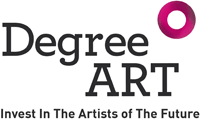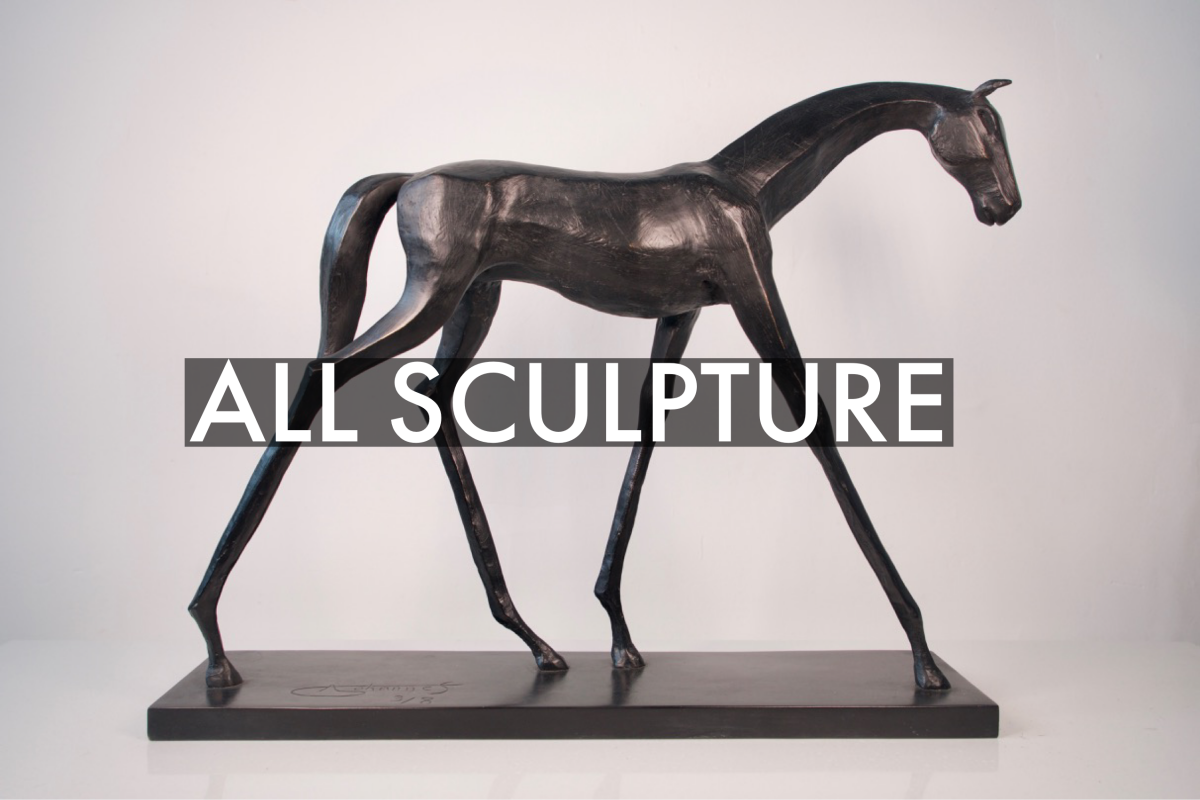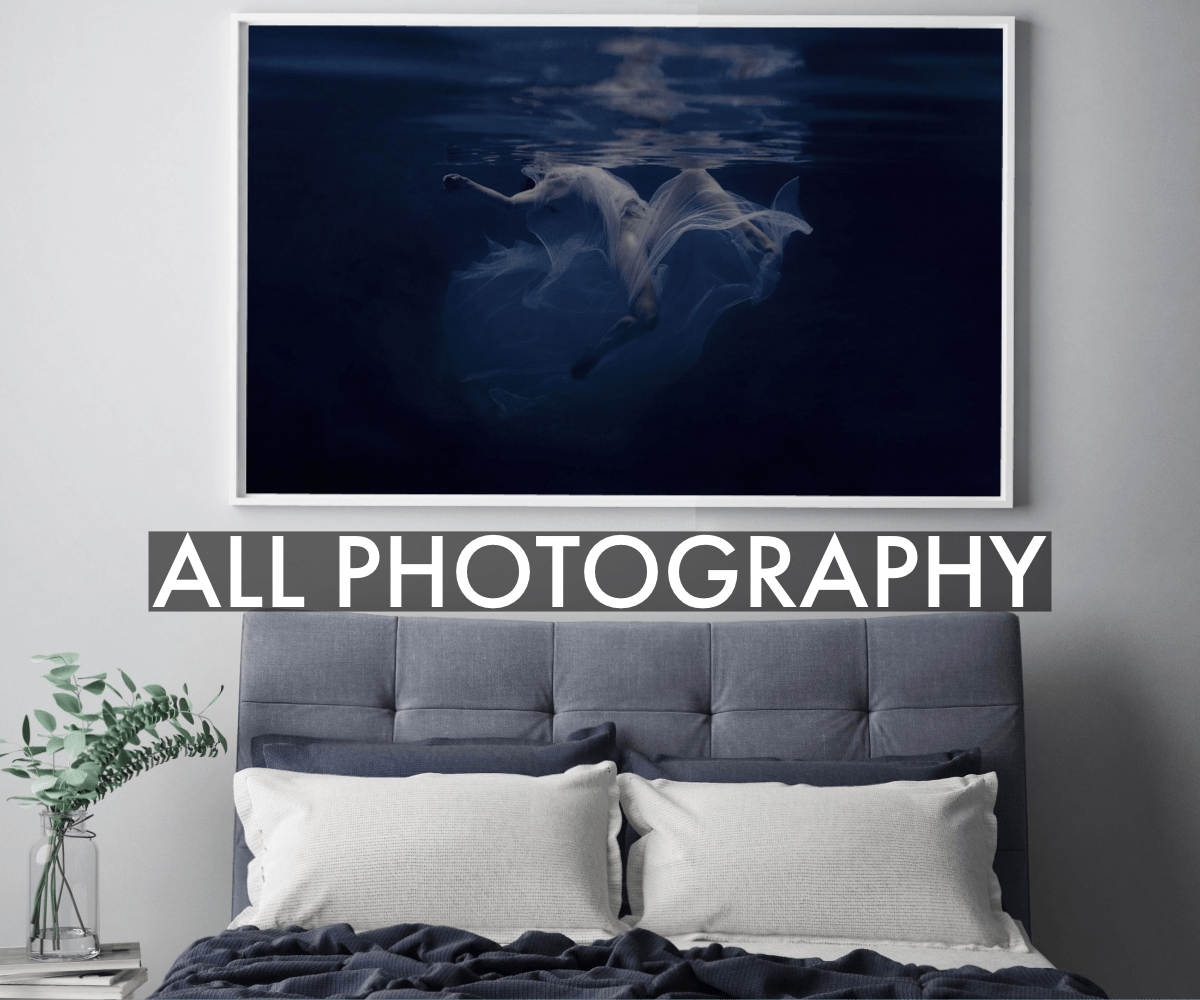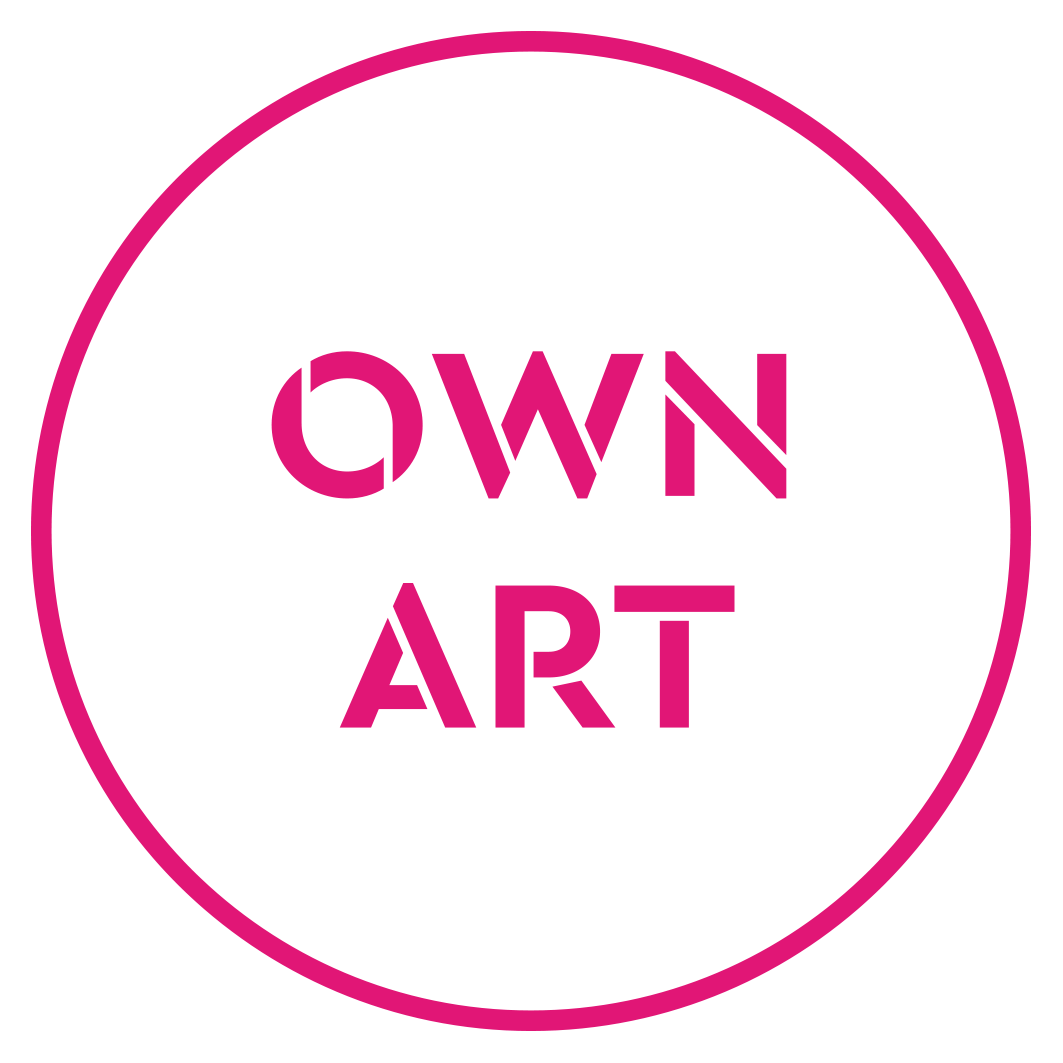Andrew Farmer is an artist living and working in Yorkshire working primarily in oils exclusively from observation. As his work has developed over the years it has become much looser in the handling of paint, creating works which are lively and sometimes verging on the semi-abstract. Farmer considers his works as short stories or poems rather than novels. In short stories and poetry, the writer must use a limited amount of words to express ideas, and so it is with his works, he tries to sum up the subject matter using economical mark making, colour and drawing.
1) Which art movement do you consider most influential on your practice?
Impressionism and post-impressionism. I love the way these movements opened up a new subject matter, and especially things that appear normal. Everything is fair game when it comes to subject matter. I draw and paint the things I love, the everyday things around me.
2) Where do you go and when to make your best art?
This varies as I'm an observational painter. I enjoy painting on the Yorkshire Coast, in urban environments such as my local train station and even in my garden. I prefer to work in solitude and often back myself into a corner to avoid spectators! I like the freedom of painting and drawing solely for myself without an audience in mind.
3) How do you describe your 'creative process'?
As an investigation....I'm continually experimenting within the realms of traditional processes, always searching for a fresh subject matter. However, I have my favourite continuous subjects which are suggested by the four British seasons. From the stripped bare local woodlands in winter to the humble conker still life of Autumn.
4) Which artist, living or deceased, is the greatest inspiration to you?
This is a really tricky question but I will say, Monet. But not for the reasons most would expect. The thing that encourages me most about Monet is his ability to paint continually despite holding a family together. I had a tutor at university that told me that if I wanted to make a career of painting then I should avoid family life... Here I am with a wife, two young children and creating more than ever! I feel without the support and contact with my young family, things would feel a little pointless. I find great inspiration in family life and often draw and paint the closest things to me.
5) If you weren't an artist, what would you do?
Archaeologist or palaeontologist for definite. I love the antique and rich history of the world. I enjoy searching for fossils along the Yorkshire and this love is now permeating my artistic practice in the form of original fossil etchings.
6) What do you listen to for inspiration?
Nature mostly. As an observational painter, I work exclusively from life, often in the rural landscape of Yorkshire. I love the continuous background noise that nature offers. My personal studio was built and completed just last year in my own garden. I love working away on my etching and hearing the birds, acorns falling and hiring the roof from the oak tree above the studio, the rain pelting down, it all works it's way into your art in a subtle way.
7) If you could own one artwork, and money was no object, which piece would you acquire?
I'm a massive fan of the lesser known Albert Marquet if love to own anything by this artist. From his abstract and calligraphic ink drawings of boats on the river to one of his beautifully sombre cityscapes painted from a high vantage point.
8) If your dream museum or collection owner came calling, which would it be?
This is something I can't give an answer to. I have to admit to living in a bubble and not be fully aware of any names! I work from nature most days and tend to steer away from news and articles.
9) What is your key piece of advice for artists embarking on a fine art or creative degree today?
Work hard and play hard. Play inspires work!
10) What is your favourite book of all time (fiction or non-fiction)?
I read very little and can't answer this.
11) If you could hang or place your artwork in one non-traditional art setting, where would that be?
The underground in London. It would be interesting to see how the continuous stream of people respond to the work, although I'm guessing it might cause some congestion!
12) What was the biggest lesson your university course or time studying taught you?
Be true to yourself. Continuously seek out the things you love. My course was very traditional against fashion, trends and 'selling out'. I was taught by incredibly talented practising artists that studied under Euan Uglow at the Slade in London. They had so much integrity for the art forms of painting and drawing and I'd like to hope this has rubbed off on myself.
13) And finally, if we were to fast forward 10 years, where would we find you?
Travelling the world with my family and painting all over the place. I'd love to bring back enough work on each expedition to hang solo exhibitions.










